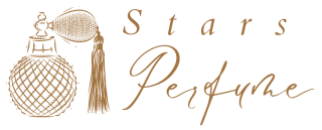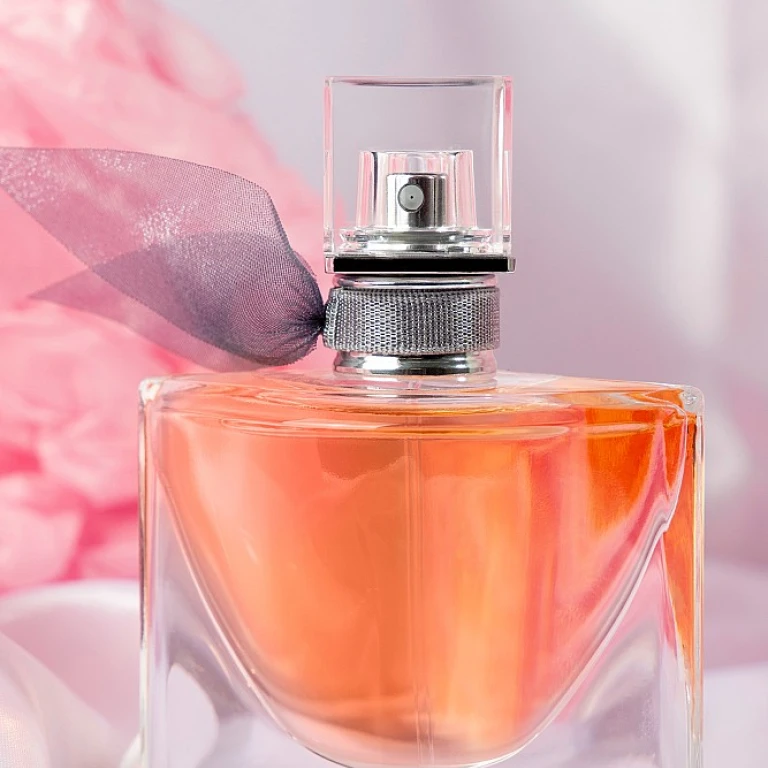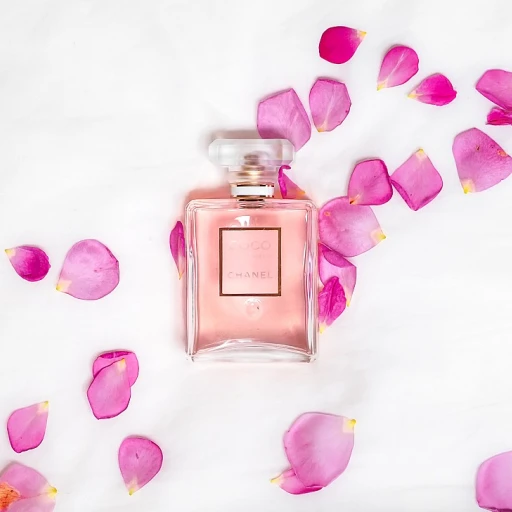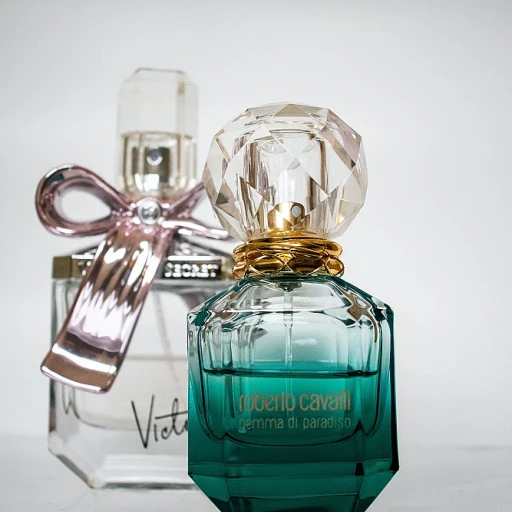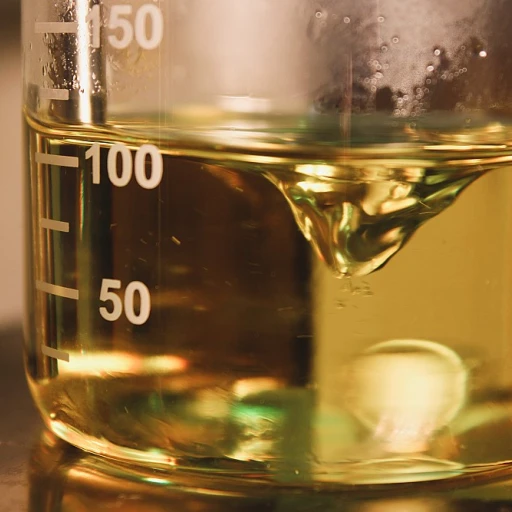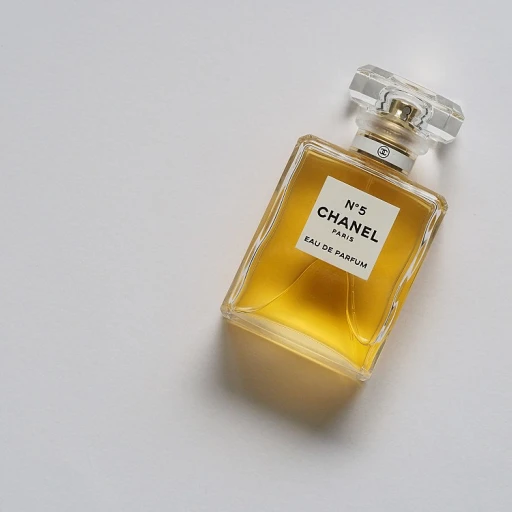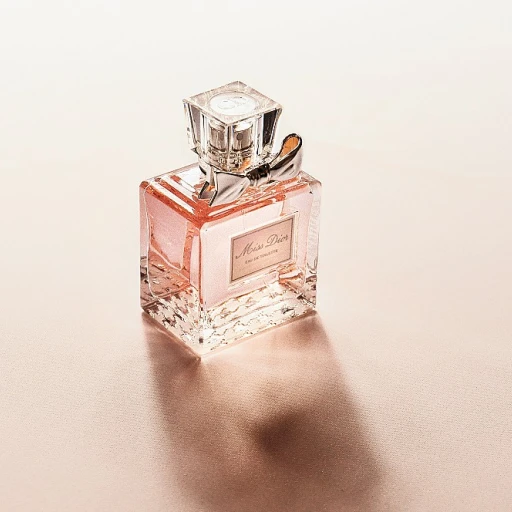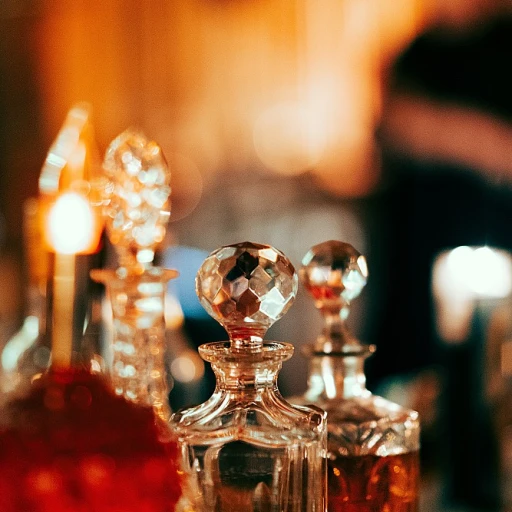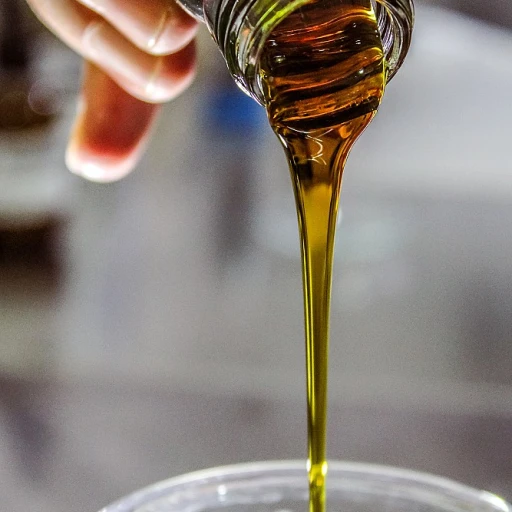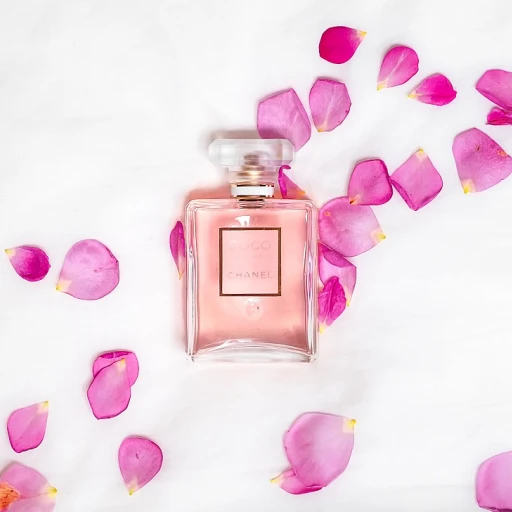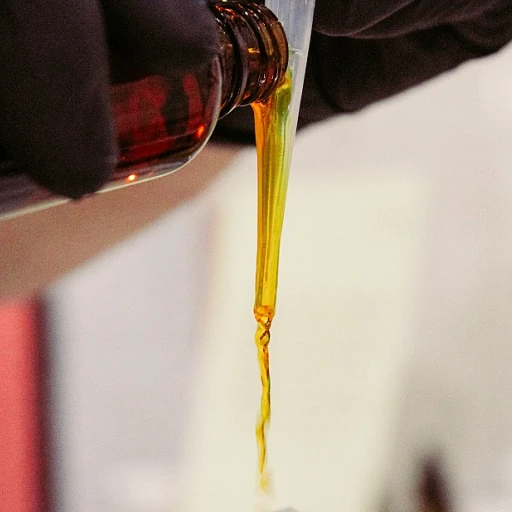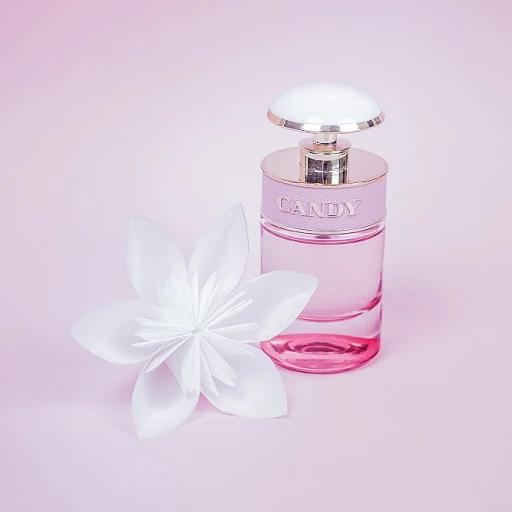
The Basics of Fragrance Concentrations
Unraveling Fragrance Basics
When exploring the enchanting world of fragrances, it's essential to grasp the distinctions in fragrance concentrations. Two primary categories you will encounter are Eau de Toilette (EDT) and Parfum, each revealing its unique charm and allure. But first, let's delve into the foundational elements of fragrance concentrations. Fragrance concentration determines the strength and longevity of a scent, influencing how the fragrance interacts with your skin and its duration throughout the day. Concentrations are typically measured by the percentage of fragrance oils used, with the remainder constituted by alcohol and water. It's this concentration that shapes the intensity and presence of your chosen scent.- Eau Fraiche contains the least concentration, often between 1% to 3% fragrance oil, offering a subtle scent ideal for a light, refreshing experience.
- Eau de Cologne (EDC) has a slightly higher concentration, ranging from 2% to 4%. This fragrance option delivers a brisk aroma, ideal for a revitalizing burst of scent that doesn't linger too long.
- Eau de Toilette (EDT) features a moderate concentration of 5% to 15% fragrance oils. Known for its vibrant, accessible appeal, it's designed for an energizing, everyday wear.
- Eau de Parfum and Parfum (also referred to as Extrait de Parfum) are notably higher in concentration. Eau de Parfum contains about 15% to 20% fragrance oils, making it more pronounced and long-lasting than EDT. Parfum, however, goes a step further with 20% to 30% concentrations, producing an exquisite and enduring scent.
Eau de Toilette: Characteristics and Uses
Exploring the Essence of Eau de Toilette
When it comes to understanding the difference between various fragrance concentrations, eau de toilette stands out for its unique characteristics and versatile uses. This type of fragrance is known for its lighter concentration, typically containing around 5% to 15% perfume oil. This makes it a popular choice for those who prefer a subtle scent that isn't overpowering.
Eau de toilette is often favored for daytime wear due to its fresh and invigorating nature. The lighter concentration allows the fragrance to be applied more liberally without overwhelming the senses. It's an ideal choice for warmer climates or seasons, where a heavy scent might feel too intense.
The Role of Notes in Eau de Toilette
One of the main attractions of eau de toilette is its ability to showcase a fragrance's top notes. These are the initial scents that greet you upon application, often characterized by fresh, citrusy, or floral aromas. As the fragrance settles on the skin, the heart notes begin to emerge, providing a more rounded scent experience.
While eau de toilette may not have the longevity of its more concentrated counterparts, it offers a delightful way to enjoy a fragrance without committing to a long-lasting scent. This makes it a perfect option for those who like to switch up their fragrance collection frequently or enjoy experimenting with different scents.
Practical Uses and Considerations
In terms of practicality, eau de toilette is often available in a variety of sizes, making it a convenient choice for travel or as part of a gift set. Its accessible price point also makes it an attractive option for those looking to explore new fragrances without a significant investment.
When shopping for eau de toilette, consider your personal preferences and lifestyle. Whether you're drawn to the crispness of a citrus scent or the allure of floral notes, there's an eau de toilette to suit every taste. Remember, the key is to find a fragrance that resonates with your personality and enhances your daily routine.
Parfum: A Closer Look
A Deeper Dive into Parfum
Parfum, often referred to as Extrait de Parfum, represents the pinnacle of fragrance concentration, infusing luxury into your olfactory experience. The perfume oil concentration in parfum typically falls between 15% to 40%, providing the richest and most complex scent profile within the fragrance world. This higher concentration allows these fragrances to linger more profoundly on the skin, exuding an intimate aura that can transform your presence. Unlike Eau de Toilette, which is predominantly associated with lighter, more fleeting scents, parfum offers a denser, more enduring composition. This richness is primarily due to the greater amount of fragrance oil mixed into the blend, resulting in a long-lasting effect that speaks volumes of sophistication. Aurally, its notes evolve slowly on your skin, revealing a tapestry of scents that delight the senses throughout the day. When it comes to selecting a proper parfum, it’s essential to consider your skin type, as it influences how the perfume oil interacts with your body chemistry. This intimate relationship between the scent and the skin is crucial, ensuring that the top, heart, and base notes unfold in harmony. Moreover, the enduring sillage of parfum allows it to leave a memorable trail, capturing attention effortlessly without being overpowering. Parfum can serve as an exquisite gift, symbolizing luxury and exclusivity, making it a coveted component of any fragrance collection. Its elevated price is justified by its concentration and quality, offering not just a fragrance, but an experience that stands the test of time. For those seeking to understand the differences between Eau de Parfum and Extrait de Parfum, exploring the similarities and distinctions can guide one towards making an informed choice.Comparing Longevity and Sillage
Understanding Longevity and Projection
When it comes to selecting a fragrance, the longevity and sillage (the trail the scent leaves in the air) are significant factors. Concentration plays a major role in these aspects, dictating how long a perfume or eau de toilette will last on the skin and how far its aroma will travel. For those who prioritize a long-lasting scent, fragrances with a higher concentration of perfume oil, like parfum or parfum eau, might be the ideal choice. These perfumes typically contain a higher percentage of fragrance oil, which allows the scent to linger for an extended period. It's no wonder parfum is often associated with elegance and sophistication, offering a richer scent experience. On the other hand, eau de toilette, with its lighter concentration, offers a more subtle scent. It's an excellent option for everyday wear, providing a fresher burst of fragrance that doesn't overwhelm. This makes it suitable for the office or as a refreshing touch during warmer seasons. Here's a quick comparison to help understand the difference between these two:- Parfum: Generally, more concentrated with a lasting power of around 6-8 hours.
- Eau de Toilette: Lighter with a lasting power of about 3-4 hours.
Price and Value Considerations
Evaluating Cost and Worth in Fragrance Choices
When it comes to selecting a fragrance, understanding the price and value of different concentrations is crucial. The difference between eau de toilette and parfum often lies not just in their scent profile but also in their cost. Generally, the higher the concentration of fragrance oils, the more expensive the perfume. This is due to the higher percentage of essential oils in parfum, which results in a more intense and long-lasting scent.
Here are some key points to consider when evaluating the price and value of your fragrance choices:
- Concentration and Longevity: Parfum, with its higher concentration of fragrance oils, tends to last longer on the skin compared to eau de toilette. This longevity can justify the higher price tag for those seeking a scent that endures throughout the day.
- Occasion and Use: Consider how often and for what occasions you plan to wear the fragrance. A parfum might be more suitable for special occasions due to its intensity, while an eau de toilette can be a versatile choice for daily wear.
- Fragrance Collection: Building a diverse fragrance collection allows you to choose the right scent for any occasion. Investing in both eau de toilette and parfum can provide flexibility and variety.
- Gift Sets and Offers: Look for gift sets or special offers that include both types of fragrances. This can be a cost-effective way to explore different scents without committing to a full-sized bottle immediately.
Ultimately, the choice between eau de toilette and parfum will depend on personal preference, budget, and the desired impact of the fragrance. By understanding the nuances of fragrance concentration and their associated costs, you can make an informed decision that aligns with your scent preferences and lifestyle.
Choosing the Right Fragrance for You
Navigating the Selection of Your Ideal Scent
Choosing the perfect fragrance can be an exhilarating yet overwhelming experience, with the wide array of options available in the world of perfumes and colognes. Whether you're drawn to the refreshing embrace of an eau de toilette or the opulent allure of a parfum, understanding your preferences is key.- Align with Your Personality and Preferences:
- Simplify your search by identifying notes that resonate with your everyday mood and style.
- An eau de toilette might suit those seeking a lighter, more casual scent that won't overpower.
- Parfum is perfect for those who appreciate a more intense and long-lasting fragrance experience.
- Consider the Occasion:
- Opt for an eau de cologne for daytime wear or informal settings where lighter scents are preferred.
- Reserve your eau de parfums for evening occasions or events where a statement scent is appropriate.
- Understand Seasonal Variations:
- Fragrance oils tend to react differently with your skin depending on the weather.
- Lighter concentrations such as toilette eau might be more comfortable in hot climates, while heavier perfumes shine in cooler months.
- Testing and Sampling:
- Engage with fragrance samples or explore gift sets to experience a range of scents before committing.
- Visiting a shop in person allows you to test how the scent evolves over time on your skin.
- Budget and Value:
- Consider the price point and how often you'll wear the fragrance. A parfume might have a higher upfront cost but offers longevity.
- If you're exploring new scents, balancing between price and exploration of diverse collections is wise.
